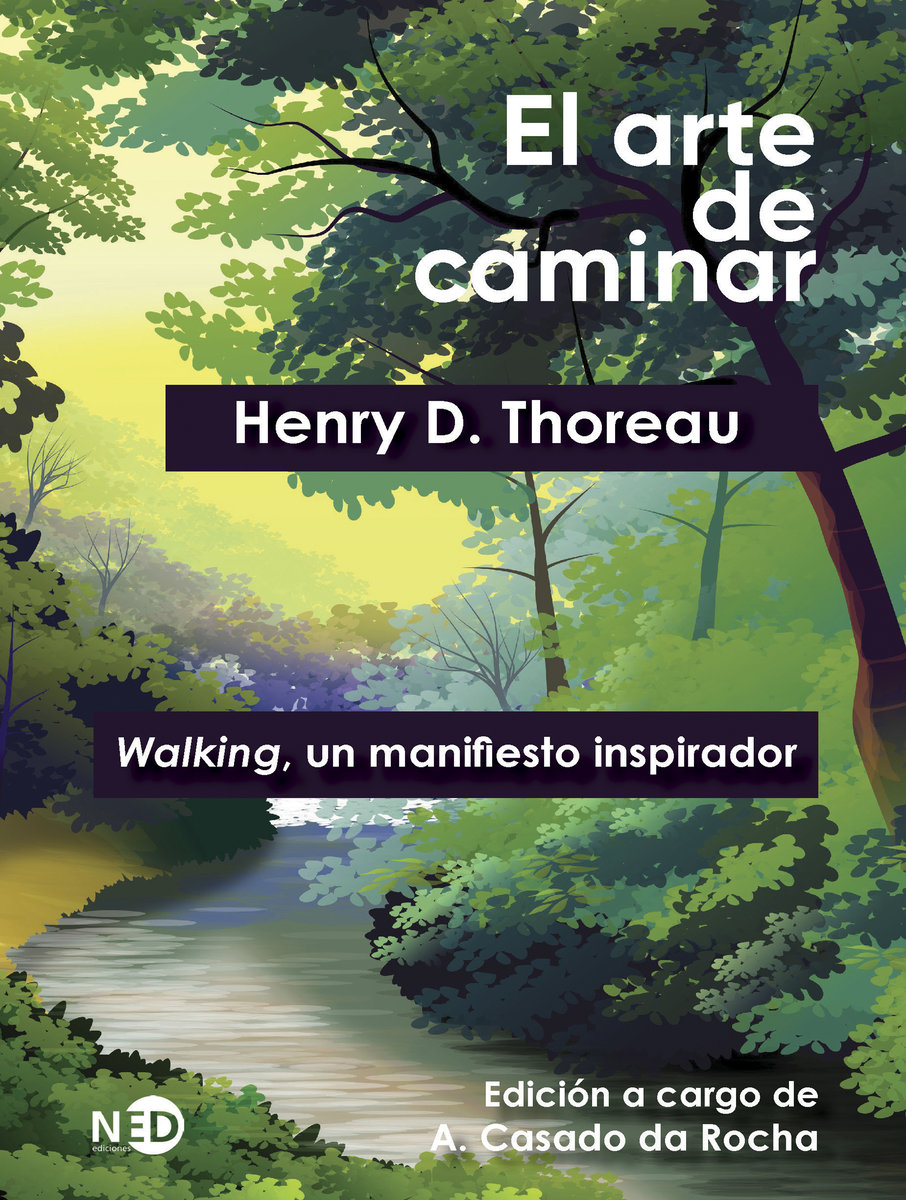Thoreau sostiene que emprender caminatas con frecuencia es algo esencial para mantener una relación saludable con uno mismo y con el planeta. Este libro contiene una nueva traducción, ilustrada y profusamente anotada, de "Walking" (Caminando), el mítico ensayo sobre el arte de caminar y la naturaleza salvaje. El caminar del que nos habla Thoreau no es una simple forma de ejercicio, sino "la empresa y la aventura del día".Su relato es una provocadora excursión por el ecologismo más asilvestrado, además de un manifiesto geopoético que ha ejercido una profunda influencia en el arte y la cultura norteamericana. Mediante una cuidada selección de fragmentos, esta edición sitúa a "Walking" en ese contexto mayor que es la reflexión de Thoreau sobre el arte de caminar, la salud y la vida natural, temas que pueden encontrarse en toda su obra, pero especialmente en su monumental diario y en la correspondencia con sus familiares y amigos. De lo local a lo global, del siglo XIX al presente, este libro invita a la reflexión sobre nuestros hábitos de ocio y descanso, y sobre nuestra relación con el cuerpo, el paisaje y la biosfera.


